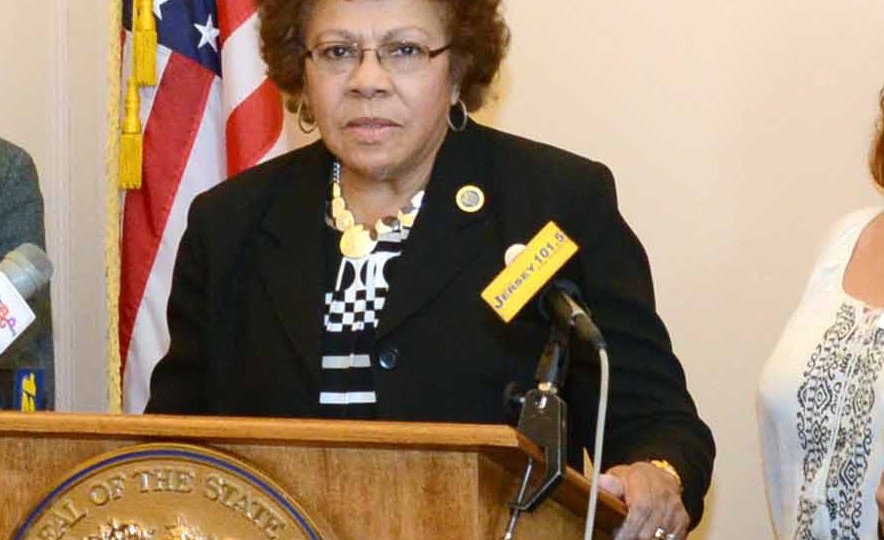
TRENTON – Today, legislation sponsored by Senator Shirley K. Turner and Senator M. Teresa Ruiz requiring full-day kindergarten in all school districts and establishing a uniform age requirement for enrollment in kindergarten cleared the Senate Education Committee.
“As someone who spent my career teaching, I can’t stress enough just how important kindergarten programs are to a young person,” said Senator Turner (D-Hunterdon/Mercer). “Studies have shown that by being able to spend more time with their students, kindergarten teachers are able to detect, identify, and address learning challenges early on, thus helping the child in their future academic lives. Requiring full-day programs would increase the number of hours a child spends learning and would allow greater flexibility to parents who may work.”
“Kindergarten education is extremely important for children because it greatly stimulates independence and creativity and gives them the chance to build a strong foundation for learning,” said Senator Ruiz (D-Essex). “As a parent, I see the importance of addressing and implementing full-time kindergarten educationthroughout the state. Apart from the educational aspect, the socialization part in kindergarten is extremely important. Full days will allow for both more learning and more time for these kids to play and socialize with their classmates, which is also critical for social and cognitive development.As we go forward, we have to be responsible and diligent and make sure districts have the resources in terms of funding and facilities.”
The bill, S-1055, would establish full-day kindergarten in all public school districts and establish a uniform age for enrollment. A child would have to be five years old by October 1 in order to enroll in kindergarten that year. If a school district does not currently provide a full-day kindergarten program, and is designated as a district with a large concentration of at-risk students, measured by a grade of A, B, CD, DE, then the district would be required to begin offering such a program by the beginning of the 2018-2019 school year. All other schools will be required to provide such a program by the beginning of the 2019-2020 school year.
Under current law, each school district determines the date by which a child must attain the age of five years in order to enroll in kindergarten; districts are also allowed to enroll a child who is not yet five years old. Under the bill, a child would have to be five years old by October 1 of the school year in order to enroll in kindergarten.
According to a study produced by the National Education Association, full-day kindergarten programs are highly beneficial for young children. Prior to attending the first grade, full–day kindergarten programs enable young learners the chance to build a strong base of learning; such a base will lead them towards a future of success in school and in life. By being able to spend more time with their pupils, studies have shown kindergarten teachers are able to detect, identify, and address learning challenges early on. Finally, full-day programs enable students the chance to develop social skills, and also provide emotional and intellectual benefits. Such benefits include the ability to focus and complete activities in an orderly fashion.
Full-day kindergarten is mandated in 11 states plus the District of Columbia, and 34 states require districts to offer half-day kindergarten. Fifteen states plus DC mandated kindergarten attendance as of March 2014. New Jersey is one of 35 states that do not require children to attend kindergarten and one of five states that do not require districts to offer kindergarten. The other five states are Alaska, Idaho, Michigan, New York, and Pennsylvania. Under current law, the State grants each district’s board of education the choice of establishing a kindergarten.
The bill cleared the Senate Education Committee with a vote of 4-1-1. The bill next goes to the Senate Budget and Appropriations Committee for further consideration.

